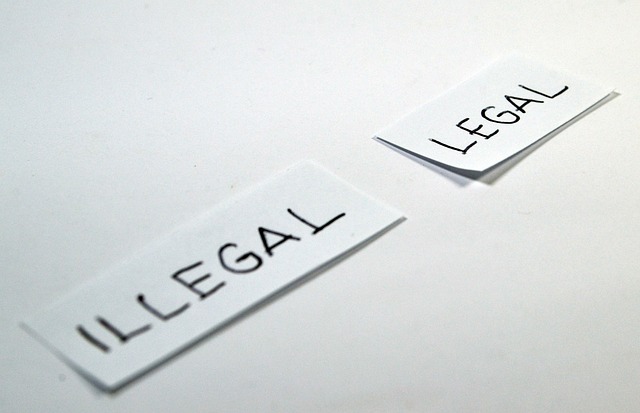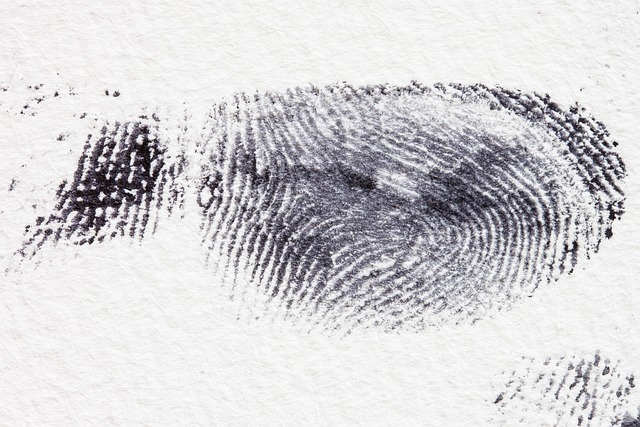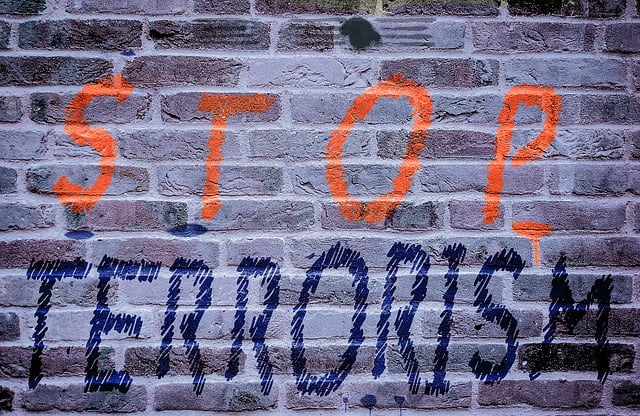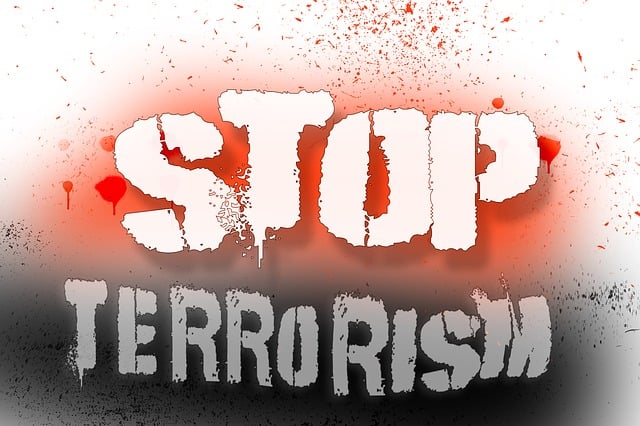Recent criminal law rulings expand self-defense definitions, prioritize mental health, and enhance forensic science with AI and DNA sequencing, aiming for fairer trials and efficient crime prevention. Global trends push for human rights, due process, and alternative sentencing, while technology raises privacy concerns. Criminal law continues to evolve through these factors' complex interaction.
Stay informed with the latest developments in criminal law. Our comprehensive article delves into key areas shaping legal landscapes worldwide. From recent rulings and their profound impact on justice systems, to exploring the rights of accused individuals, and the evolving role of forensic science through technological advancements, this guide offers invaluable insights. Additionally, we examine global trends, providing a holistic view of the ever-changing realm of criminal justice.
- Recent Criminal Law Rulings and Their Impact
- Understanding Rights of Accused Individuals
- Emerging Technologies in Forensic Science
- Global Trends Shaping Criminal Justice Systems
Recent Criminal Law Rulings and Their Impact

Recent Criminal Law Rulings have significantly reshaped legal landscapes, impacting how crimes are defined, prosecuted, and punished. One notable development involves the reinterpretation of self-defense laws, now more inclusive of situations where force may be deemed necessary to prevent grave harm. This shift has opened new avenues for defendants, potentially reducing convictions in cases where individuals previously faced severe charges for acting in what they perceived as self-defense.
Moreover, there’s a growing emphasis on mental health and its role in criminal behavior. Courts are increasingly recognizing the need for more nuanced approaches to sentencing, considering mitigating factors such as an accused person’s psychological state. This trend not only ensures fairer trials but also directs resources towards early intervention and treatment programs, ultimately contributing to more effective crime prevention strategies within the broader criminal law framework.
Understanding Rights of Accused Individuals

In any criminal law scenario, it’s paramount to recognize and protect the rights of accused individuals. These rights are fundamental to ensuring fairness and due process during legal proceedings. Accused persons have the right to remain silent, a crucial aspect that prevents self-incrimination. They are also entitled to legal counsel, allowing them access to a lawyer who can guide them through the complex criminal justice system.
Understanding these rights is essential for both accused individuals and their advocates. It enables informed decision-making, ensuring that every step taken during investigations and trials adheres to the principles of criminal law. This knowledge empowers accused folks to assert their rights, guaranteeing a fair and just process.
Emerging Technologies in Forensic Science

The advancement of technology has significantly transformed the field of forensic science, offering innovative tools and techniques to enhance criminal investigations. Emerging technologies in this realm play a pivotal role in upholding justice within the criminal law system. One notable development is the application of artificial intelligence (AI) for evidence analysis, enabling faster and more accurate identification of patterns and anomalies. AI algorithms can sift through vast datasets, including digital forensics, to uncover crucial links between suspects and crime scenes.
Additionally, the integration of advanced DNA sequencing techniques allows for more precise genetic profiling, leading to improved identification and linking of individuals to biological evidence. These technological breakthroughs complement traditional forensic methods, ensuring more robust and reliable results in criminal investigations. As these tools continue to evolve, they contribute to a more efficient and effective approach to crime-solving, ultimately strengthening the overall criminal law framework.
Global Trends Shaping Criminal Justice Systems

In today’s interconnected world, global trends play a significant role in shaping criminal justice systems across nations. One prominent trend is the increasing emphasis on human rights and due process, with international organizations setting standards that many countries are adopting. This shift is reflected in reforms aimed at addressing mass incarceration and promoting alternative sentencing options, reflecting a broader movement towards more restorative and just approaches to criminal law.
Additionally, technological advancements have had a profound impact on criminal investigations and trials. Digital forensics, surveillance technology, and data analytics are now integral parts of many legal systems, enhancing efficiency but also raising concerns about privacy and the potential for bias. As global society grapples with these changes, the ongoing evolution of criminal law continues to be driven by the interplay between cultural values, technological progress, and international standards.
In conclusion, the landscape of criminal law is continually evolving, shaped by recent rulings that have significant impacts on accused individuals’ rights and global justice systems. Advances in forensics, driven by emerging technologies, further enhance the pursuit of truth. Staying informed about these developments, from international trends to local rulings, is vital for both legal professionals and those interested in maintaining a fair and effective criminal justice system.
